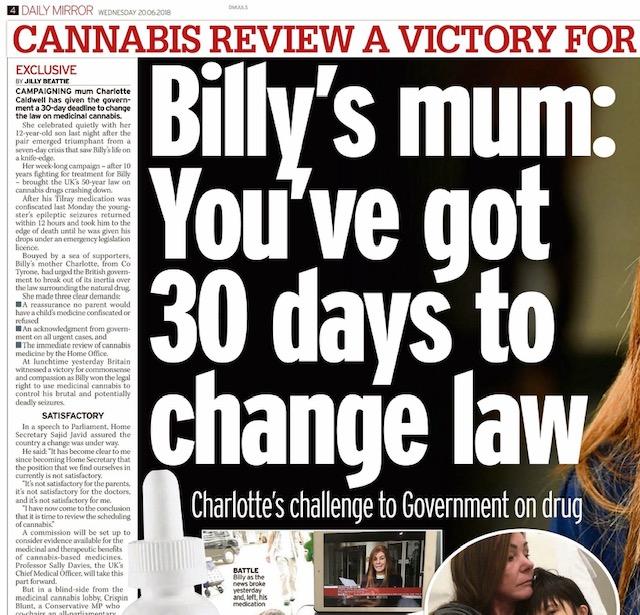Introduction
In recent years, the United Kingdom has taken tentative steps towards recognizing cannabis for its medicinal properties, offering a glimmer of hope to those suffering from chronic pain and other debilitating conditions. However, this hope is frequently dimmed by the stark reality of inconsistent supply, leaving patients in a precarious limbo. This blog delves into the profound disappointment and pain felt by patients due to these supply issues, and examines the wider repercussions for legislative progress in the realm of prescription cannabis within the UK.
The Emotional Toll of Inconsistent Supply
For many patients, prescription cannabis is not a luxury; it’s a lifeline. The emotional toll of the supply’s inconsistency is profound. Imagine planning your life around a medication that can vanish from the pharmacy shelves without warning. Patients like Sarah (a pseudonym to protect privacy), who suffers from multiple sclerosis, describes the situation as “living on a seesaw,” where her ability to manage pain and maintain a semblance of normalcy is constantly in flux.
This inconsistency breeds not just disappointment but severe anxiety. Patients are left wondering not if, but when their supply will run out, forcing them into a cycle of stress that can exacerbate their conditions. Families watch helplessly as their loved ones grapple with the uncertainty, creating an additional emotional strain on already burdened households.

Physical Consequences of Supply Disruptions
The interruption in supply doesn’t just disrupt lives emotionally; it has tangible physical repercussions. When patients are forced to abruptly stop their cannabis-based treatments, the consequences can be dire. The return of chronic pain, the resurgence of seizures, and the increased intensity of symptoms can push patients back to square one, negating months or even years of progress.
Healthcare professionals, too, are caught in this dilemma. Doctors and nurses, who have seen the benefits of consistent treatment, find themselves unable to promise stability to their patients. Dr. Richardson, a pain specialist, highlights the frustration of “knowing what could help my patients, yet being powerless to assure them of continuous treatment.”
“!Having lived with MS for approximately 17 years, I have discovered that prescription cannabis is the only treatment that alleviates my symptoms. Unfortunately, the specific strain I need is often out of stock, exacerbating my anxiety and pain. This inconsistency in availability is not acceptable for a medication!”
Emma
Legislative Stagnation: A Barrier to Progress
The journey of prescription cannabis in the UK is mired in legislative caution, a reflection of the complex global stance on cannabis. Despite evidence of its benefits, the inconsistency in supply has given lawmakers pause, slowing the momentum for further legalization and integration into the healthcare system. Critics argue that these supply issues serve as ammunition for opponents of prescription cannabis, complicating efforts to present it as a reliable and effective treatment option.
The impact of these supply inconsistencies extends beyond patient care; they shape the narrative around cannabis legislation. Lawmakers, faced with the challenge of ensuring a steady supply, may become hesitant to expand access, fearing the backlash from potential shortages. This hesitancy feeds into a vicious cycle, where legislative progress is stalled, further entrenching supply issues.
The Ripple Effect on Healthcare and Society
The ramifications of inconsistent cannabis supply ripple through the healthcare system and society. Healthcare providers, tasked with managing patient expectations and treatment plans, often find themselves at the mercy of supply chains they can’t control. This unpredictability can undermine the patient-provider trust relationship, crucial for effective care.
Moreover, societal perceptions of cannabis as a legitimate medical treatment are influenced by these supply issues. Public confidence in cannabis as a medical solution wanes with each report of shortages, affecting societal acceptance and potentially delaying wider recognition and use of cannabis for therapeutic purposes.
The economic impact is also significant. Patients, many of whom already face financial challenges due to their health conditions, may incur additional costs seeking alternative treatments. Healthcare providers, for their part, must navigate the administrative and financial burdens of managing an unreliable medication supply.

Towards a Solution: Pathways and Possibilities
Addressing the inconsistency in prescription cannabis supply requires a multifaceted approach. Firstly, regulatory changes could ease some of the barriers to a steady supply, such as restrictions on importation and cultivation. Developing domestic production capabilities is another avenue, potentially reducing reliance on international sources and making supply chains more resilient.
Advocacy plays a crucial role. Patient voices and their stories of how cannabis has transformed their lives are powerful tools in shaping public opinion and legislative action. By bringing these stories to the forefront, there’s an opportunity to influence policy and create a more supportive environment for prescription cannabis.
A collaborative effort among stakeholders—government bodies, healthcare providers, patient advocacy groups, and the cannabis industry—is essential. Together, they can work towards creating a reliable, effective, and accessible prescription cannabis system in the UK.
Conclusion
The path to integrating prescription cannabis into the UK’s healthcare system is fraught with challenges, not least of which is the inconsistency in supply. This issue not only affects patients directly, causing disappointment and physical suffering, but also hampers legislative progress and has broader implications for healthcare and society. However, by acknowledging these challenges and working collaboratively towards solutions, there’s hope for a future where prescription cannabis is accessible to all who need it, marking a significant step forward in patient care and treatment options.
The post High Cost of Inconsistency of Prescription Cannabis: Navigating the Challenges appeared first on I Am Billy.

